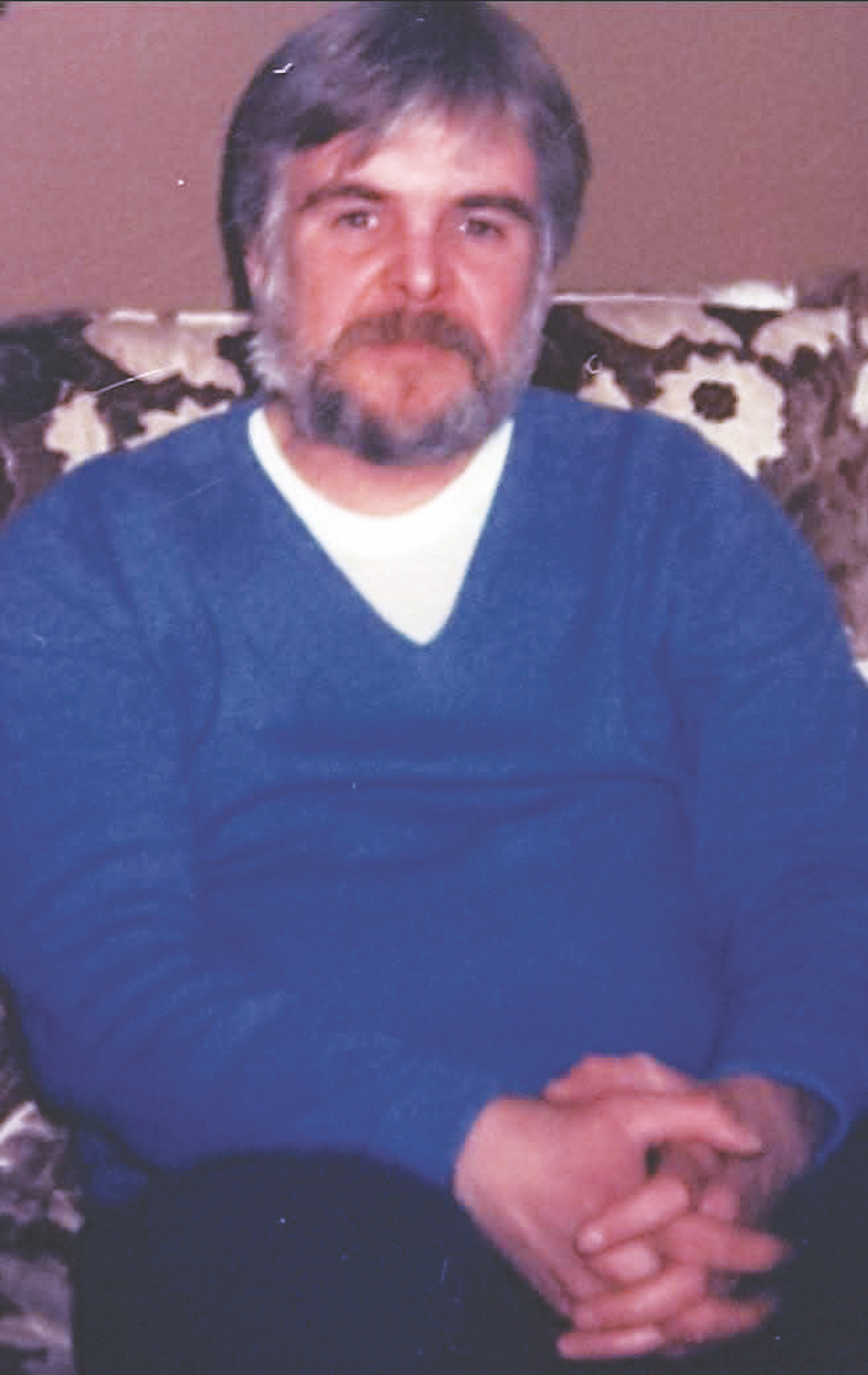On April 1, 2015, South Carolina Department of Health and Environmental Control (DHEC) added Severe Combined Immunodeficiency (SCID) to the panel of newborn screening, which all infants born in the state receive soon after delivery.
 SCID is a term that describes a group of rare inherited disorders characterized by defects in two critical immune system cells. Some may refer to SCID as “bubble boy disease”. Without treatment, infants with SCID are more susceptible to and can develop recurrent infections, leading to failure to thrive and oftentimes death.
SCID is a term that describes a group of rare inherited disorders characterized by defects in two critical immune system cells. Some may refer to SCID as “bubble boy disease”. Without treatment, infants with SCID are more susceptible to and can develop recurrent infections, leading to failure to thrive and oftentimes death.
“A collaborative effort, DHEC greatly appreciates the March of Dimes, S.C. Children’s Hospitals Collaborative and physicians across the state for their efforts to help implement newborn screening for SCID,” said Jamie Shuster, DHEC Director of Public Health. “Supporting the overall long-term health and survival of a child, newborn screening provides physicians with the information they need to act quickly to detect, diagnose and treat our state’s youngest and most vulnerable population”.
While it is difficult to quantify the prevalence of SCID due to the lack of consistent surveillance, it is estimated that 40 – 100 infants are diagnosed with SCID each year in the United States. While relatively rare, there is documented medical benefit to early detection and treatment for those affected by the disorder.
Arien Rannigan and David Kalergis of Charleston, know firsthand the difference that early detection and treatment could make. Their son, Hayes, was born full term on January 31, 2012 weighing in at 6 lb 13 oz. From head to toe, Hayes appeared to be a healthy infant and was discharged to go home two days after birth. However, a few days beyond discharge, his mother began to express concerns regarding his bowel activity, skin rashes, bumps and tiny hemorrhages under his skin. At the age of 5 weeks, he was admitted to the hospital for several days regarding these concerns. After almost a week of testing, Hayes was diagnosed with SCID.
Hayes endured many surgeries and several treatments, including chemotherapy and a cord blood transplant. Sadly, after his long and courageous fight, he passed away on June 20, 2012 due to respiratory failure.
“After Hayes’ diagnosis, in March of 2012, I was devastated to find that there was a newborn screening process available, but that South Carolina had not yet implemented it,” said Arien Rannigan. “After Hayes passed, I started wondering ‘What if he had been screened? Would he have survived?’ My motivation in working towards the addition of the SCID was multifaceted. I did not want any other child to endure the pain and suffering that Hayes experienced. Nor did I want another family to witness and experience the loss of a child, as we had. As a grieving mother, I also wanted to fight for what Hayes’ deserved but did not get—a healthy chance at life. I wanted his life, and our loss, to set an example for why the newborn screening process (regardless of the disorder detected) is significant to the health of all children. I am so thankful that this addition has provided a bit of a legacy for Hayes. Hayes’ loss of life, will ultimately save the lives of
countless children.”
“The March of Dimes is working towards a day when all babies will be born healthy. To give babies the best chance for survival, screening for all the metabolic and genetic disorders available is vital” says Mona Carter, State Director of the March of Dimes South Carolina Chapter. “We applaud DHEC for working diligently to add SCID to our state’s newborn screening panel.”






